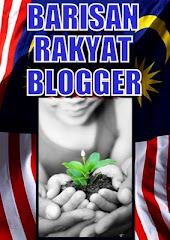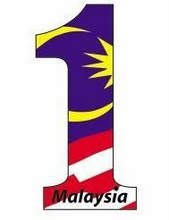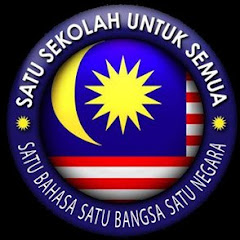New strain on Malaysia's ethnic ties
By Robin Brant BBC News, Kuala Lumpur
Relations are not good right now between the Malaysian government and the two million plus people living here who are descended from Indian migrants.
There is confusion over exactly what has happened in recent days, but if the government really has decided to tighten up its visa policy for all Indian migrant workers, it would be a startling diplomatic gesture.
Just as political leaders across the world are lining up to do deals with India, Malaysia appears to have gone the other way.
It is unexpected, to say the least.
India and Malaysia have a long history of close cultural, economic and political ties.
Indians migrated here in their thousands in the 1800s, to work the rubber plantations. There are now more than two million Malaysian Indians.
But dissent has been brewing. It boiled over with a public protest last November - a rare thing here.
Thousands took to the streets to demonstrate, in defiance of a police ban.
The cabinet decision to suspend visas is proof that the event, with images of riot police and water cannons beamed around the world, has shaken those at the top of government.
They are worried - worried about instability and what it might do to the economy, and worried about the delicate coalition that is modern-day Malaysian society.
'No trust'
Indians are one of the three dominant groups here.
The Chinese established communities over centuries. Together with the Malays they all make for a fragile but mostly harmonious mix.
This mix is in trouble now, though, according to Manjit Bhatsia, an academic and writer who was born in Malaysia but now lives and works in Australia.
"The big problem that we have is that nobody trusts each other anymore," he said.
"There's a working relationship, a very strong working relationship at the top level of society, but at every other level of society it just doesn't work.
"That's the problem, this administration needs to understand that it has created a monster."
The root problem is the years of discrimination some Malaysian Indians say they have endured, accusing ethnic Malays of enjoying preferential treatment.
A government strategy to lift the majority Malays out of poverty has ensured discounts on housing, quotas for civil service jobs, and places at university for the bumiputera, the "sons of the soil".
Malaysia is riding high on an oil-fuelled boom.
Ethnic Indians see Malays enjoy the spoils of political domination and the Chinese reap economic rewards.
They feel left behind, and some are demanding change.
The men who organised the march in Kuala Lumpur six weeks ago are in prison now.
They were arrested and detained indefinitely under stringent security laws, having been deemed a threat to national security.
"It's a very delicate situation in Malaysia," the country's deputy prime minister told me when I interviewed him last weekend.
In a blunt assessment of the fragility of the ethnic mix here, Najib Tun Razak said: "The underlying problems that we have can easily erupt between the communities."
As for the demonstration, illegal under Malaysian law, he said: "If we allow street demonstrations to take place on a regular basis, it will in fact entice or aggravate other sections of the community who want to respond to it."
There is a history of racial violence in Malaysia. In one incident in 2001, six men died in a week of clashes between Malays and Malaysian Indians in an area west of Kuala Lumpur called Kampung Medang.
It started when a man kicked over a chair as he passed a wedding celebration.
Some of the victims were hacked to death.
With a general election approaching, there is a fear, even an expectation among some, that the clashes in Kampung Medang could be repeated.
I have walked around the new estate which has since risen up to replace the squats in the Kampung Medang.
One simple image conveys the divide.
On one side of a road, running through the low-rise tower blocks, I saw a Malaysian Indian making roti - thin fried bread - in a restaurant.
On the other side of the road, a Malay man was chopping chicken to order as a Malay woman in a headscarf selected fish from an ice-packed polystyrene box.
They live side by side but most people will tell you that they do not share their lives.
I interviewed one of the men who organised the protest in November just before he was arrested.
P Uthayakumar said the public demonstrations would go on.
"What else can we do?" he said. "We've exhausted all avenues."
The government has made it clear it will not tolerate any more marches. The organisers are locked up, indefinitely.
The decision to tighten visa controls for Indian workers wishing to come here was a message sent on the international stage but to a domestic audience - along the lines of: "Stop what you are doing or we will make life difficult for your friends and relatives seeking to join you".
As Malaysia prepares to elect a new government, the stakes are high.
Malaysia is oil-rich and developing quickly. Stability is the key.
At the moment, Malaysia is in a rare state of instability.
(Extract from BBC News Online)




No comments:
Post a Comment